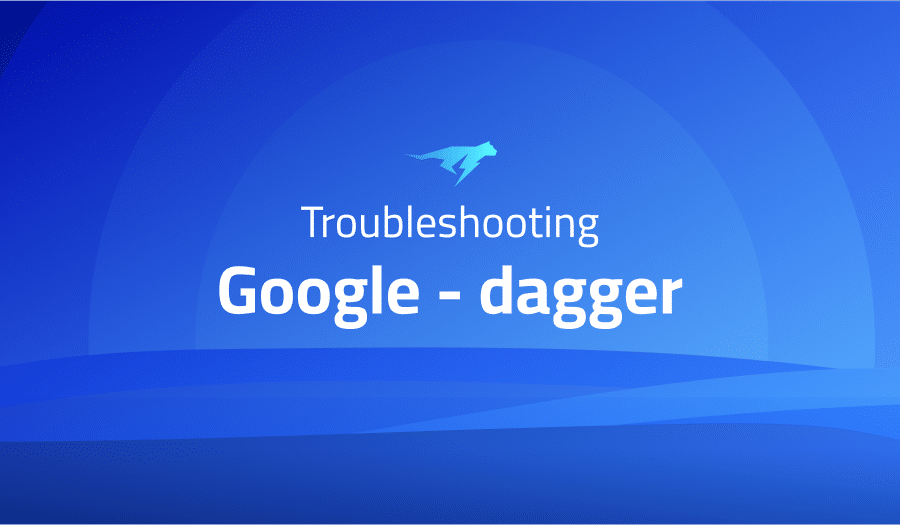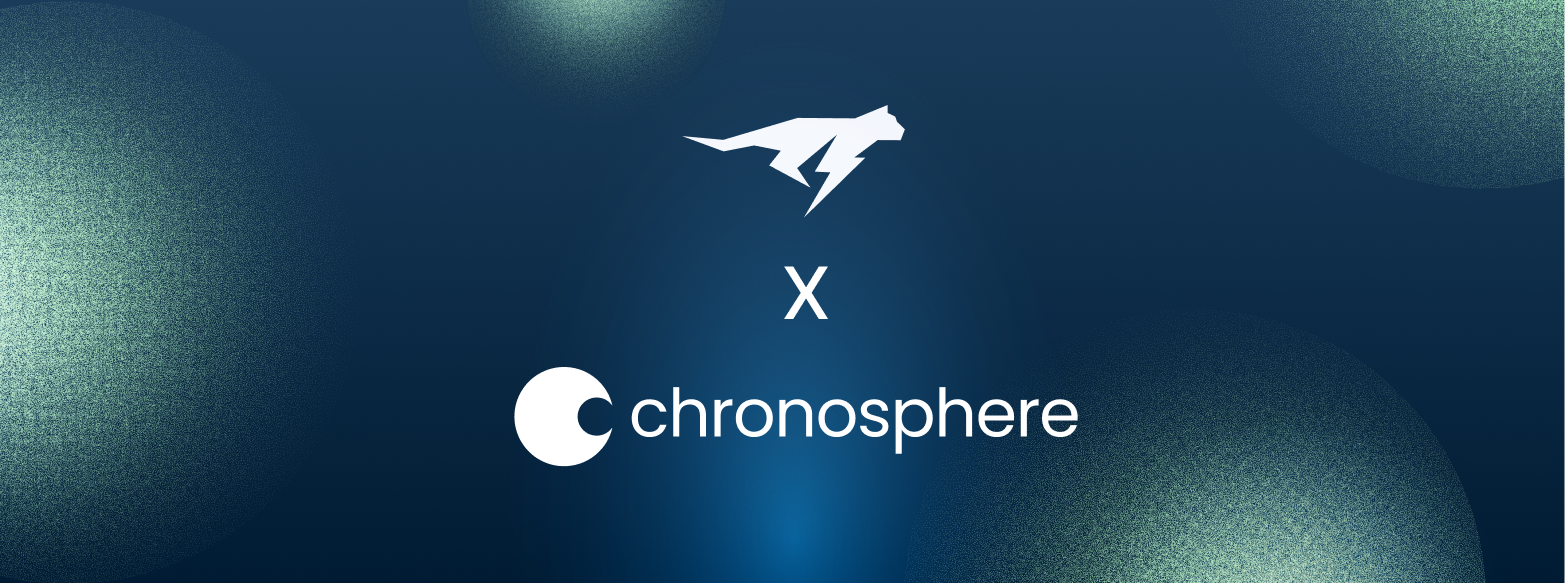

Troubleshooting Common Issues in Google dagger
Project Description
Google Dagger is a fully static, compile-time dependency injection framework for both Java and Android. It is an open-source project developed by Google and is an implementation of the dependency injection design pattern.
Dependency injection is a software design pattern that allows a component or object to receive its dependencies from an external source, rather than creating them itself. This can be useful for a number of reasons, such as improving the testability and maintainability of a software system by making it easier to swap out components for testing or to modify their behavior.
Dagger works by generating code at compile time to create and manage the dependencies of a software system. This means that all of the dependencies are set up and injected before the application is run, rather than at runtime. This can help to improve the performance of the application and make it easier to understand and maintain.
Troubleshooting Google dagger with the Lightrun Developer Observability Platform
Getting a sense of what’s actually happening inside a live application is a frustrating experience, one that relies mostly on querying and observing whatever logs were written during development.
Lightrun is a Developer Observability Platform, allowing developers to add telemetry to live applications in real-time, on-demand, and right from the IDE.
- Instantly add logs to, set metrics in, and take snapshots of live applications
- Insights delivered straight to your IDE or CLI
- Works where you do: dev, QA, staging, CI/CD, and production
Start for free today
The following issues are the most popular issues regarding this project:
Error reflection JDK 17 and gson
If you are seeing an error related to reflection when using Google Gson with JDK 17, it may indicate that there is a problem with the way Gson is trying to access certain features or classes that are not available in JDK 17.
Reflection is a Java feature that allows a program to examine and modify the behavior of objects at runtime. It is often used to dynamically access and manipulate objects and their properties, but it can also cause problems if the program is not compatible with the version of the Java runtime environment (JRE) being used.
To troubleshoot this issue, you can try the following steps:
- Check that you are using a compatible version of Gson with JDK 17. Gson may not be fully compatible with JDK 17, and using an older or newer version of the library may help resolve the issue.
- Check that you are using the correct version of the Java runtime environment (JRE). If you are using an older or newer version of the JRE, it may not be compatible with Gson or JDK 17, causing the reflection error.
- Check your code for any references to reflection-related features or classes that are not available in JDK 17. If you are using any features or classes that are not supported by JDK 17, you may need to modify your code to use alternative methods or APIs.
If these steps do not resolve the issue, you may need to seek additional help or support. You can try checking the Gson documentation or asking for help on forums or online communities related to Java and JSON.
The Hilt Android Gradle plugin is applied but no com.google.dagger:hilt-android dependency was found.
you are trying to use the Hilt Android Gradle plugin but are experiencing an error because you don’t have the required dependency.
To use the Hilt Android Gradle plugin, you will need to include the com.google.dagger:hilt-android dependency in your project’s build.gradle file. This dependency provides the Hilt Android integration and is required for Hilt to work properly.
Here’s an example of how you can include the com.google.dagger:hilt-android dependency in your build.gradle file:
dependencies {
implementation 'com.google.dagger:hilt-android:<latest_version>'
// Other dependencies
}
Replace <latest_version> with the latest version of the Hilt Android library, which you can find on the official Hilt website. Once you have included the com.google.dagger:hilt-android dependency, you should be able to use the Hilt Android Gradle plugin in your project.
ComponentProcessingStep was unable to process ‘Component’ with Kotlin 1.7.0
There are a few things you can try to resolve this error:
- Make sure you have the latest version of Dagger and all of its dependencies installed in your project.
- Check that your Dagger components are properly annotated with the
@Componentannotation and that all of the required dependencies are included in the component’s dependencies list. - If you are using Kotlin, make sure you have the Kotlin plugin and the Kotlin standard library included in your project’s dependencies.
- If you are using Android, make sure you have the Android Gradle plugin applied to your project and that you have included the
com.google.dagger:hilt-androiddependency in your build.gradle file.
If you have checked these things and are still experiencing the error, it may be helpful to look at the log output to see if there are any additional clues about what is causing the issue.
More issues from Google repos
Troubleshooting jax | Troubleshooting gson | Troubleshooting site-kit-wp | Troubleshooting clasp | Troubleshooting play-services-plugins | Troubleshooting flexbox-layout
It’s Really not that Complicated.
You can actually understand what’s going on inside your live applications.




